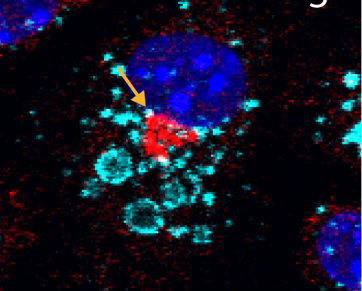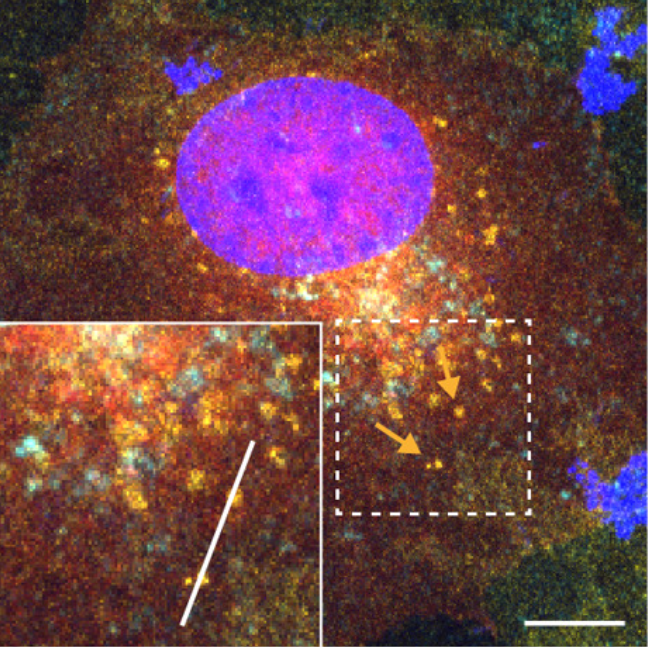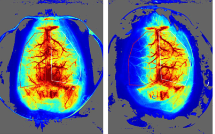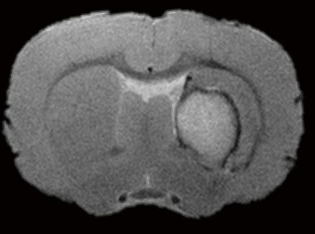Our research spans the whole translational pipeline from discovery science to clinical application
Whilst much of our research focuses on stroke, we also investigate other cerebrovascular diseases such as Alzheimer's disease and vascular dementia. Check out our main research themes below.
Understanding brain biology
Underpinning the cellular and molecular basis of inflammation in the brain and beyond.
Identifying therapeutic targets
Investigating these mechanisms to identify novel therapeutic targets and strategies
Therapy development & translation
Developing and testing novel cell and molecular-based therapies for cerebrovascular diseases
Stroke, Dementia & Small Vessel Disease
Despite being distinct entities, there exists an intimate relationship between the central nervous system (CNS) and the immune system. Our aim is to understand this cross-talk in diverse settings of CNS diseases with a focus on inflammation in stroke and Alzheimer’s disease. By dissecting the dynamics of resident and recruited immune cells in the CNS and in peripheral tissues, our work also provides an insight into how comorbidities such as infection modulate disease susceptibility and outcome.
Inflammasome biology
Here we study all aspects of inflammasome biology, from the signals that trigger their activation, the mechanisms regulating and facilitating their assembly, and the consequences and outcomes of inflammasome activation. Through the discovery of new mechanisms we develop new therapeutic strategies and experimental tools to understand how inflammasomes contribute to disease.
Regenerative therapies
Stroke causes a devastating loss of brain tissue and function, followed by limited endogenous regeneration. Here we explore the therapeutic potential of stem cell-based therapies after stroke, as well as acellular strategies using stem cell secretome and extracellular vesicles. We also study the use of injectable hydrogels as therapeutic carriers in haemorrhagic and ischaemic stroke, with the aim of stimulating endogenous brain repair mechanisms.
Cerebral blood flow
A reduction in blood flow to the brain, either by a clot or vessel dysfunction, influences almost every mechanism by which the brain is damaged, protected and repaired during stroke and in some forms of dementia. We investigate the role of cerebral blood flow in these pathologies using state of the art laser speckle, 2-photon and magnetic resonance imaging techniques to visualise blood flow in animals as these diseased states unfold.










